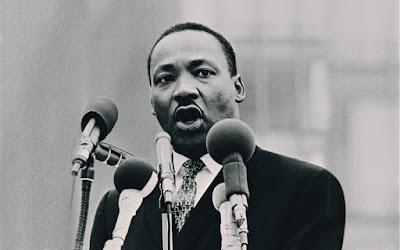Inafa'maolek and Civility Discourse
In my Chamorro Studies class last week we were discussing the concept of inafa'maolek, which has become canonized as a central value of Chamoru culture as of late. The term fa'maolek has long been in use, it even occurs in the Garrido Manuscript from 18th century Guam. Inafa'maolek most likely was used as well, but not necessarily as a primal or central concept for defining Chamoru identity or culture. That comes about much more recently, primarily through the work of Robert Underwood when he uses the terms in the 1970s, while trying to define what the Chamoru cosmology of the 19th century was, and what of it had persisted up until the 20th century. Inafa'maolek has many meanings, all of them however focus around expressing community through interdependence or through cooperation. It is about working together to sustain a society. It is about humans sustaining nature, sustaining their families and so on. It is a collective concept that is focused on building sustaina


